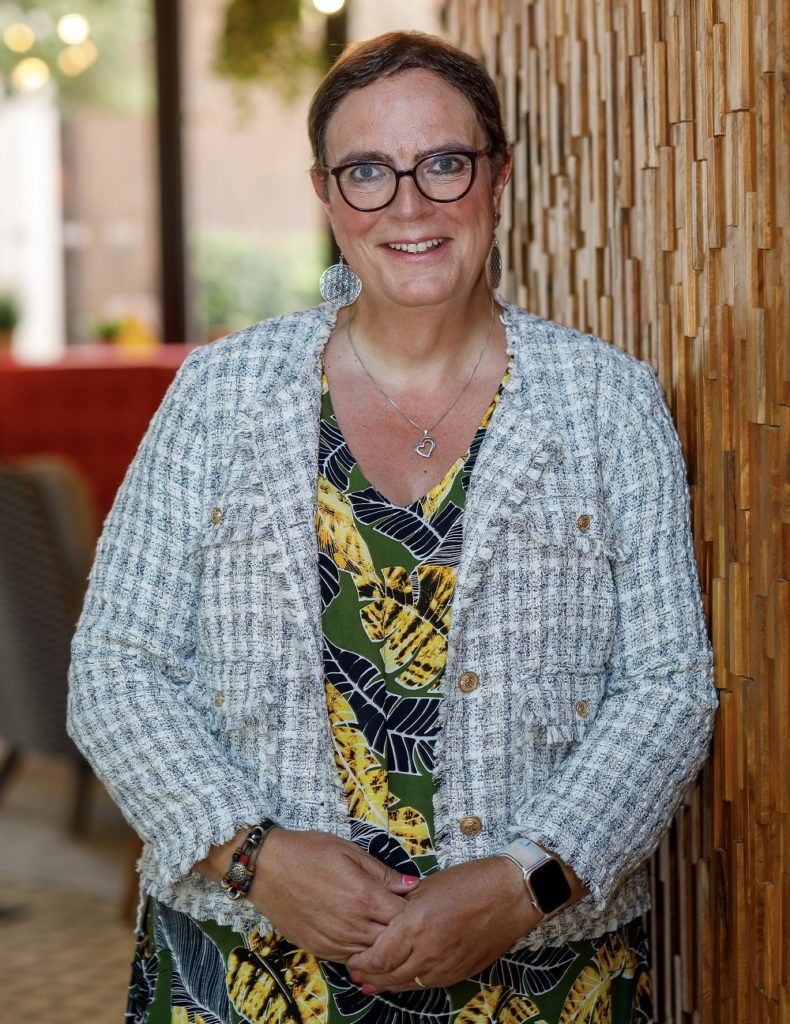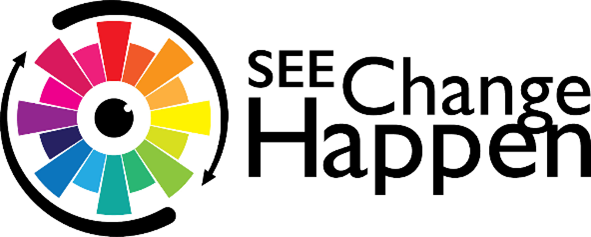Why Gender Equity is so important - Guest Article by Joanne Lockwood
I am often asked about the nuance and difference between Equality and Equity. If Gender Equality is about ensuring that everyone, regardless of their gender, has the same opportunities, rights, and access to resources, gender equity goes one step further and considers the different needs and experiences of people based on their gender. Gender Equity seeks to address historical and social inequalities that have led to certain groups being disadvantaged and is particularly important because it recognises that not everyone has the same starting point and that some people may need more support to achieve equality. For example, women have historically been excluded from certain jobs, education opportunities, and leadership positions.
So let me ask you a question…
How long do you believe it should take to achieve say cis gender equality and equity in society, and in the workplace?
How long do you believe that women will have to wait to be on a level playing field in terms of pay, representation and status as their male counterparts? 10 years, 20 years or even 50 years?
It may therefore surprise you to know that gender parity is not recovering. According to the World Economic Forum’s Global Gender Gap Report produced in 2022, it will take another 132 years to close the global gender gap. As crisis after crisis are compounding from the pandemic to the cost of living, outcomes for women in the workforce are suffering and we see the risk of global gender parity backsliding further. This picture, as you can imagine is not distributed evenly throughout the world, with Europe projecting 60 years, Middle East and North Africa 115 years and South Asia a staggering 197 years. Top of the list in Europe is Iceland, closely followed by Finland and Norway. The United Kingdom does not even make the top 10.
Another shocking statistic is that globally in 2022 only 33% of Senior Leadership positions across the public and private sectors are held by women.
When focusing on gender equity where we seek to address these disparities and create a more level playing field regardless of their gender, we also have to recognise that each gender or lack thereof has its own challenges to overcome. We often over-focus on women without understanding the needs of men. Male suicide is at an all-time high, the rise of the incel movement and toxic masculinity together with the lack of support for men with their own challenges sometimes leave men to feel disenfranchised from gender equity initiatives. When someone is non-binary or agender then many of the initiatives do not address or even recognise their needs as someone who doesn’t identify with the masculine or the feminine.
There are steps that organisations can take to help close this gender equity gap within their companies – whilst this is scratching the surface of the overall challenge, it is nonetheless making a start:
- Set diversity and inclusion goals: Organisations must establish measurable diversity and inclusion goals to track progress and hold leaders accountable. This is not about quotas or numeric targets but a direction of travel that can be monitored.
- Conduct a gender pay gap analysis: Companies should conduct a pay equity analysis to identify and address any gender-based disparities in pay and benefits. Once this has been completed take action to correct disparities. Gender Pay Gap analysis is about mean pay and is an indicator of where women hold senior roles in relation to more junior positions.
- Provide flexible work arrangements: Companies should offer flexible work arrangements such as telecommuting, job sharing, and flexible schedules to help employees balance work and family responsibilities. Ensure that this is balanced across genders – whilst there is a stigma of flexible working or providing caring responsibilities women will lose out.
- Work on debiasing hiring, review and promotion practices: Organisations should ensure that all hiring, and promotion decisions are based solely on merit, skills, and qualifications rather than gender, race, or other factors. Organisations should also ensure they don’t fall into the trap of believing that meritocracy is fair for all. It is a myth, and often when we look at hiring practices the meritocracy criteria is often ladened with bias.
- Create a supportive and inclusive workplace culture where everyone feels valued and respected. This can include promoting employee resource groups, mentoring programs, and leadership development opportunities. Studies have shown that mentoring and female acceleration programmes do have a positive effect, provided the culture is such that women can succeed once they are in post – too often we hear of not only glass ceilings but also glass cliff edges where women who break through soon jump ship.
- Offer gender-specific training: Organisations can offer gender-specific training to help raise awareness of gender bias and promote inclusive behaviours and practices. Ensure that male colleagues are part of the conversation and the solution. Those who hold the power and privilege need to enable change.
- Monitor and report progress: Finally, companies should monitor and report progress on diversity and inclusion initiatives to assess the effectiveness of their efforts and identify areas for improvement. Review past hiring and promotion activity, look for patterns to expose bias, or other practices that unfairly discriminate against women succeeding.
Organisations must ensure they are authentic and not making performative statements. Gender Pay Gap data is publicly available, reviews on platforms such as Glassdoor expose the true nature of employee experience. Transparency and authenticity are vital if you want to potentially avoid being called out.
My closing challenge to you is…what are you as an organisation going to be doing right now, in order to close your own gender parity gap and create a more diverse, inclusive, and equitable workplace culture where your woman can thrive – or are we still, just talking about it?
Inclusive Culture Expert at SEE Change Happen






